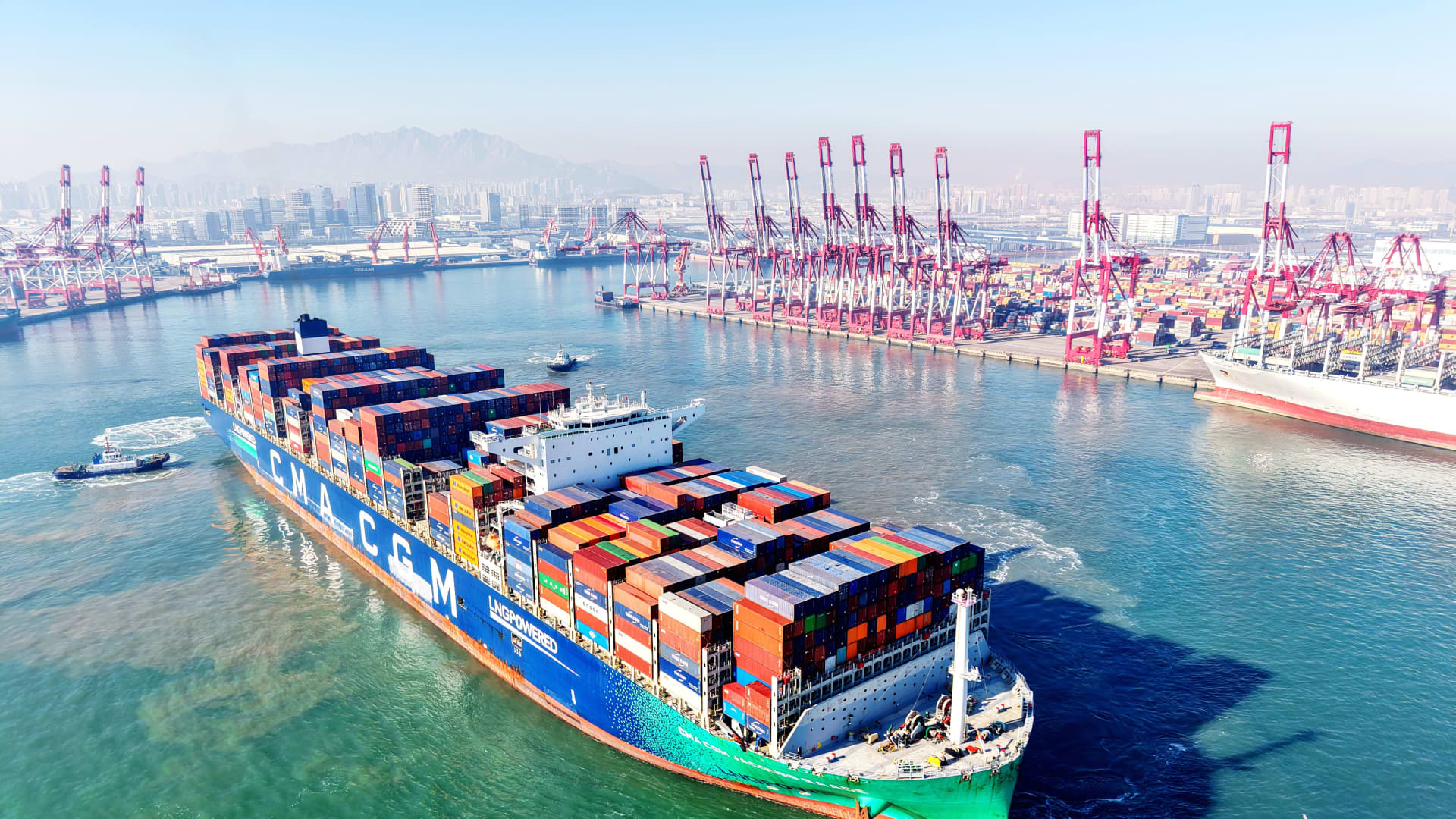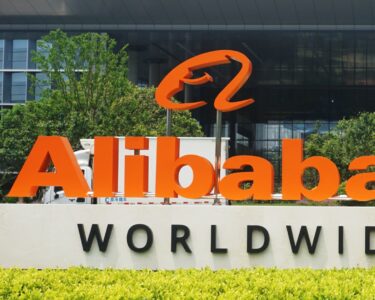As Chinese markets prepare for higher tariffs and hope for more government stimulus , Citigroup analysts say some of their top picks are high-yielding mainland stocks. “Yield plays in the A-share market have become more attractive amid the government bond yield drop,” Citi China equity strategists said in a report last week, referring to stocks that trade in mainland China. The persistent decline in China’s 10-year government bond yield — to record lows around 1.58% this month— prompted the People’s Bank of China on Jan. 10 to stop its government bond purchases . The yield has traded little changed around 1.64% in the week since. Citi analysts say the Chinese 10-year government bond yield can fall still further, given expectations that in the year ahead the PBOC will cut interest rates by 50 basis points and the required reserve ratio — the amount of cash banks need to keep on hand — by 100 basis points. One basis point equals 1/100th of a percentage point (0.01%). Meanwhile, rising U.S. Treasury yields, at least partly on expectations of tariff-induced inflation in the U.S., helped send Hong Kong’s Hang Seng Index tumbling more than 8% between early December and mid-January, Citi said. Mainland Chinese stocks held up better, falling 6% — which Citi analysts attributed to easier monetary policy and falling Chinese government bond yields. Three of Citi’s top mainland Chinese stock picks by yield are Shanghai-listed electric bus company Yutong Bus and two Shenzhen-listed names: Gree Electric Appliances and Ping An Bank . Long-term investors have preferred China high-yield stocks for years, and the advantages have become more apparent with slower economic growth and lower bond yields, said Ye Yuhua, money manager at Guangzhou-based Liangdian Private Capital. Banks and home appliance stocks have tended to see yields of 4% to 6%, far above the sub-2% government bond yield benchmark, he said. The concern, however, is that high dividend yields are not necessarily a given, especially for stocks sensitive to commodity prices. Unpacking the tariff impact President-elect Donald Trump has vowed to impose additional tariffs of at least 10% on Chinese goods soon after his inauguration on Monday. Citi economists expect U.S. tariffs to kick in starting in the second quarter and increase in stages of around 15 percentage points, which they estimate could hit China’s exports by 6% and GDP by 1%. Citi analysts said that based on recent meetings with Chinese officials in several departments, their “key takeaway was that China is aiming at steady economic growth, which would hinge [on] external tariffs and domestic stimulus.” The analysts anticipate a short-term stock rally in March if the U.S. and China reach an agreement to gradually hike tariffs. “But this is unlikely to alter the deflationary outlook in China or resolve structural issues,” the Citi analysts said, noting they expect “high dividend yield bank stocks [will] become more attractive to yield-seeking onshore investors.” China on Friday reported GDP grew by 5% in 2024 , matching government targets. But when accounting for lower prices and other deflationary pressure, the economy expanded by just 4.2% in 2024, pointed out Larry Hu, chief China economist at Macquarie. The ability of policymakers to turn around an almost two-year-long deflationary trend will depend on the effectiveness of fiscal policy and support for the real estate market. Chinese authorities have pledged to increase the fiscal deficit at an annual parliamentary meeting in March, when they’re also expected to reveal other stimulus measures. — CNBC’s Michael Bloom contributed to this report.

You can share this post!
administrator





